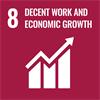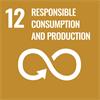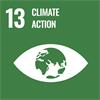Sustainability
Sustainability is a part of our purpose to Transform Tomorrow Together.
We're committed to reducing our environmental impact and helping our customers do the same. From cutting emissions in our operations to enabling more efficient manufacturing, we're supporting the shift to a more sustainable future.
Our commitment to Net Zero
In November 2021, we announced our Net Zero targets, approved by the Science Based Targets initiative (SBTi) and the UN Sustainable Development Goals (SDGs) that we are actively contributing towards. This means (i) minimising our environmental impact, and (ii) working in partnership with our customers, suppliers and local communities to create positive change for people and the planet.
As a responsible business that believes in acting with integrity, we strive to help create a more sustainable future. That means making our own products in ways that minimise our impact on people and the planet, and helping our customers and suppliers achieve their own sustainability goals.
Will Lee, Chief Executive
Our Environmental, Social and Governance (ESG) strategy
Our ESG strategy is built on our core values and commitment to doing business responsibly, and was developed using the United Nations Sustainable Development Goals (UN SDGs) as a guide. The strategy sets out three environmental, social and governance goals underpinned by a series of strategic targets intended to help us address the areas where we can have the biggest impact.
Our goals provide a roadmap to help us continue developing products that will help solve global challenges and they go beyond the Net Zero greenhouse gas (GHG) emissions targets that we set in FY2021. By raising and broadening our ambition, we also want to empower our people to make a positive difference to our business, stakeholders and planet.
For further details on our strategic targets, please read our ESG report, available to download below.
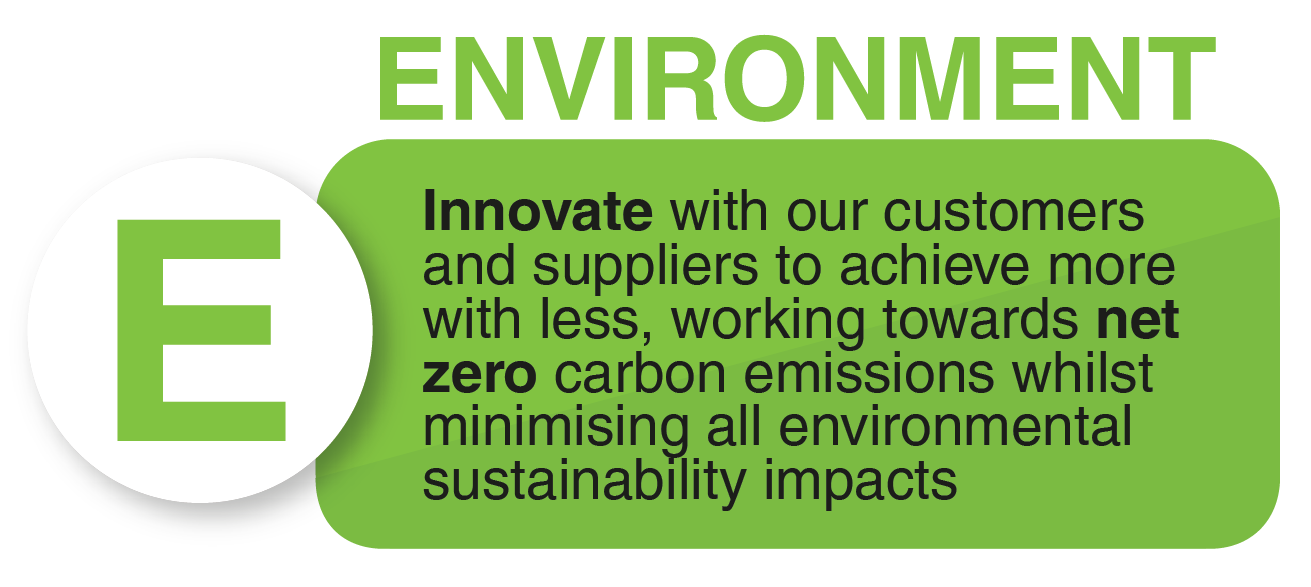
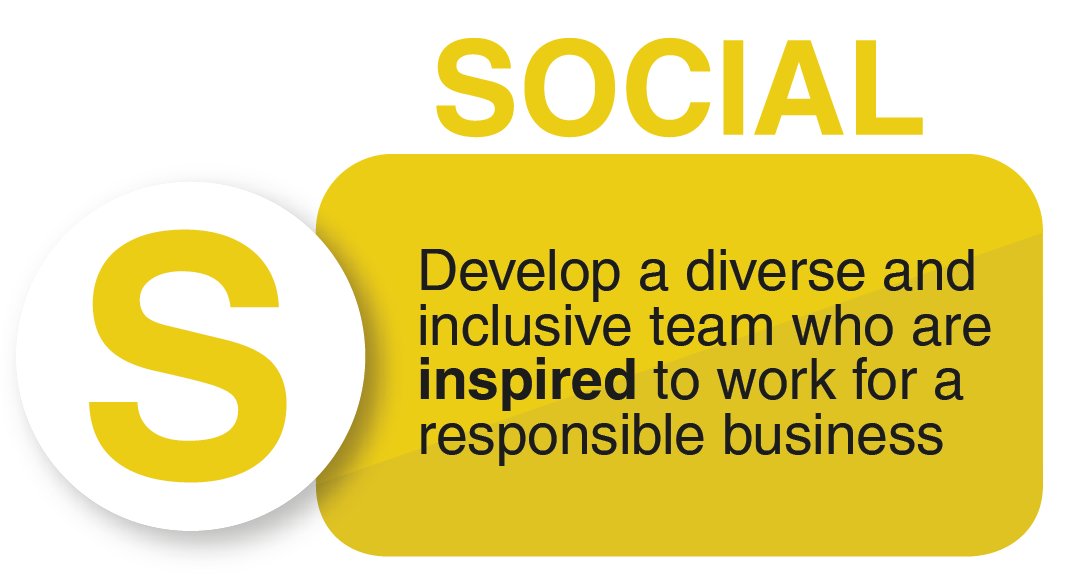
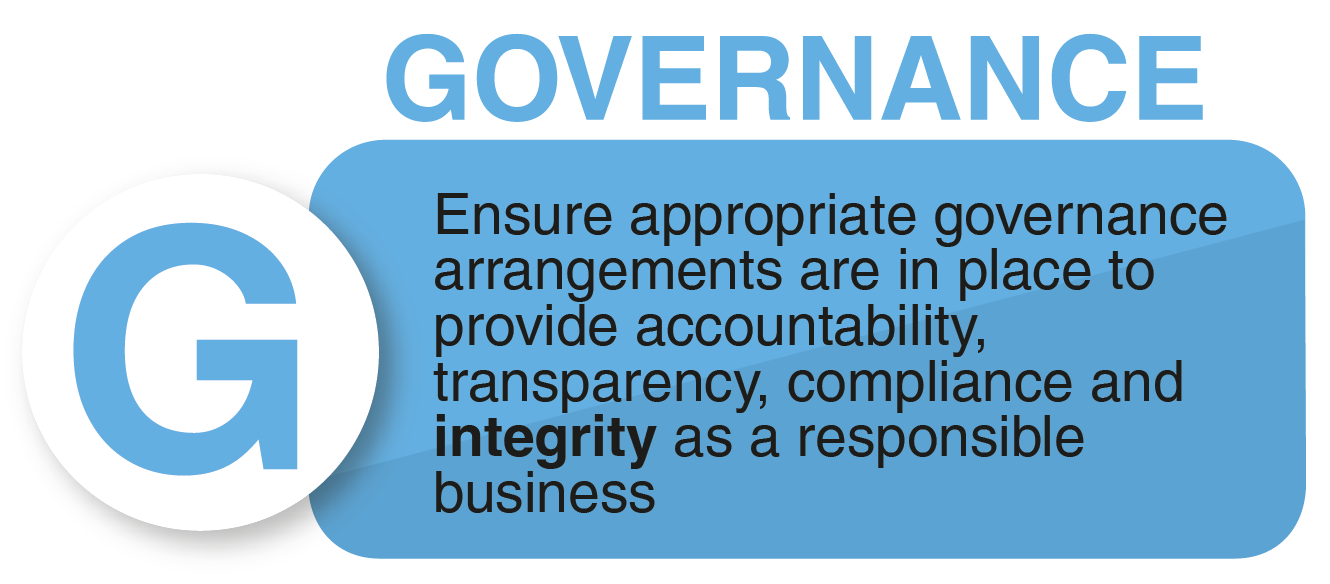
Environment
Energy use and GHG emissions
Low-carbon transition and climate risk
Product design and life cycle management
Innovation to support customers' sustainability goals
Environmentally responsible procurement
Social
Talent attraction, development and retention
Human rights
Diversity, inclusion and equal opportunities
Governance
Corporate decision-making
Business conduct and ethics
Risk and compliance
Learn more about how we are supporting our customers' sustainability goals
